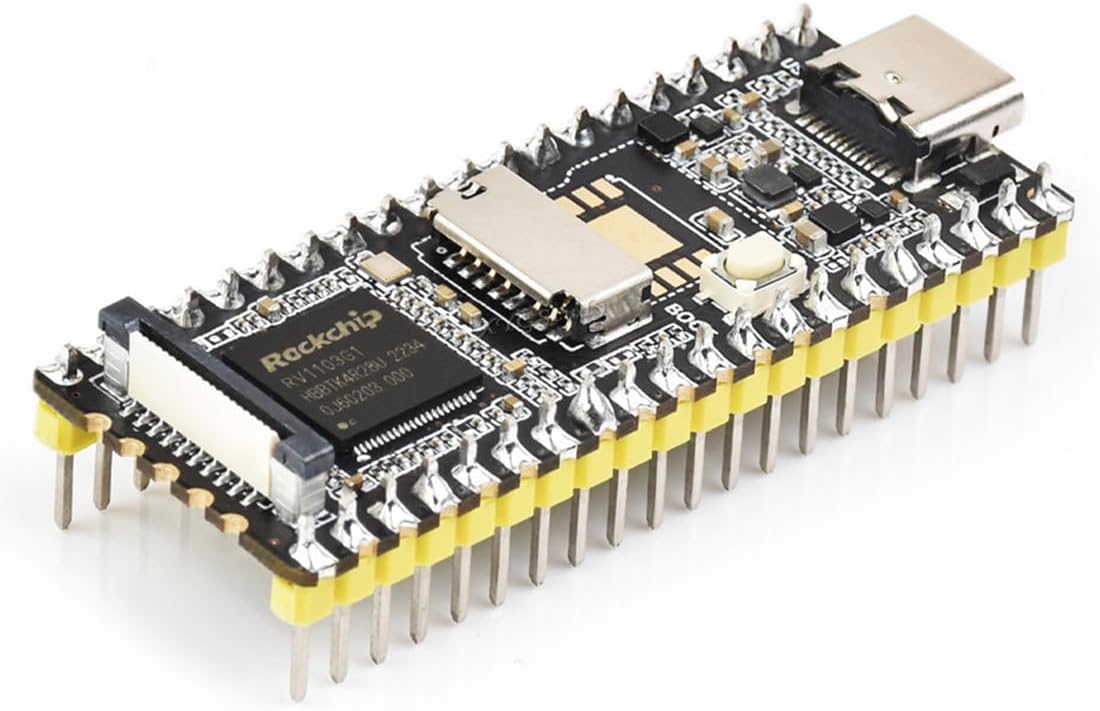







Price: $11.59
(as of Apr 15, 2025 07:54:33 UTC - Details)
The Best ISP: Your Ultimate Guide to Finding the Right Internet Service Provider
Introduction
In today's digital age, having a reliable internet connection is more important than ever. Whether you're streaming your favorite shows, working from home, or gaming online, the quality of your Internet Service Provider (ISP) can make or break your experience. In this comprehensive guide, we'll explore the best ISP options available, helping you navigate through the myriad of choices to find the perfect fit for your needs. From speed and reliability to customer service and pricing, we’ll cover everything you need to know. Let’s dive in!
Understanding Internet Speed: Why It Matters
When considering the best ISP, one of the first things you’ll want to look at is internet speed. Speed is measured in megabits per second (Mbps) and determines how quickly you can download and upload data.
What is a Good Internet Speed?
A good internet speed varies depending on your usage. For casual browsing and streaming, a speed of 25 Mbps is generally sufficient. However, if you have multiple users or enjoy gaming, you might want speeds of 100 Mbps or more.
How to Test Your Internet Speed
Before you choose your ISP, it's wise to test your current internet speed. There are many free tools available online that can help you determine your current speed. Just remember that your results can vary based on the time of day and how many devices are connected to your network.
Reliability: The Backbone of Your Internet Experience
When evaluating ISPs, reliability is a crucial factor. You want a provider that can consistently deliver service without frequent outages.
Redundancy and Infrastructure
The best ISPs invest in robust infrastructure to minimize downtime. Look for companies that have multiple data centers and backup systems in place. This not only helps with reliability but also with speed.
Customer Reviews
One of the best ways to gauge reliability is through customer reviews. Platforms like Yelp and Google Reviews can give you insights into how often users experience outages and how quickly the provider resolves issues.
Customer Service: Getting Help When You Need It
Even the best ISPs can have issues from time to time. That’s why customer service is so important.
Availability and Responsiveness
A great ISP should offer 24/7 customer support. When issues arise, you want to know you can get help quickly. Check if the ISP provides support via chat, phone, or email, and read reviews to see how responsive they are.
Self-Service Options
Look for ISPs that provide self-service options through their websites or apps. This can include troubleshooting guides, account management tools, and more, allowing you to resolve issues without waiting on hold for a representative.
Pricing: Finding the Best Value
Pricing is always a consideration when choosing an ISP. It’s essential to understand what you’re paying for and if it’s worth it.
Hidden Fees and Promotions
Many ISPs advertise low introductory rates but may have hidden fees that can inflate your bill. Be sure to read the fine print and understand what the regular pricing will be after any promotional periods end.
Bundling Services
Some ISPs offer bundles that include internet, cable TV, and phone services. If you need multiple services, bundling can often save you money. Just ensure that the provider has a strong reputation for each service they offer.
Types of Internet Connections: What’s Best for You?
ISPs provide different types of internet connections, each with its pros and cons. Understanding these can help you choose the best option for your needs.
Fiber Optic Internet
Fiber optic connections are the fastest available, offering speeds up to 1 Gbps or more. They are ideal for heavy users and households with multiple devices. However, availability can be limited in some areas.
Cable Internet
Cable internet is widely available and provides good speeds for most households. It’s a solid choice for streaming and casual gaming, but speeds can slow down during peak usage times.
DSL and Satellite Internet
DSL is slower than cable and fiber but can be sufficient for basic browsing and streaming. Satellite internet is available in remote areas but often has higher latency and lower speeds.
Additional Features to Consider
When choosing the best ISP, consider additional features that may enhance your internet experience.
Data Caps
Some ISPs impose data caps, limiting the amount of data you can use each month. If you stream a lot or have multiple users, look for an ISP that offers unlimited data.
Contract Terms
Be aware of the contract terms when signing up for an ISP. Some may require long-term commitments, while others offer month-to-month flexibility.
Conclusion
Finding the best ISP can feel overwhelming, but understanding the key factors—such as internet speed, reliability, customer service, pricing, and connection types—can simplify your decision. Remember to consider your specific needs and usage patterns when evaluating your options. By taking the time to research and compare ISPs, you can ensure that you choose a provider that will offer a stellar internet experience tailored to your lifestyle. With the right ISP, you’ll enjoy seamless streaming, smooth gaming, and efficient working from home. Happy browsing!
Part Number: Luckfox Pico M
LuckFox Pico RV1103 Linux Micro Development Board, Integrates ARM Cortex-A7/RISC-V MCU/NPU/ISP Processors
Single-core ARM Cortex-A7 32-bit core with integrated NEON and FPU. Highly integrated and powerful performance. Integrates CPU, NPU, ISP and other processors
Built-in Rockchip self-developed 4th generation NPU, features high computing precision and supports int4, int8, and int16 hybrid quantization. The computing power of int8 is 0.5 TOPS, and up to 1.0 TOPS with int4
Built-in self-developed third-generation ISP3.2, supports 4-Megapixel, with multiple image enhancement and correction algorithms such as HDR, WDR, multi-level noise reduction, etc.
